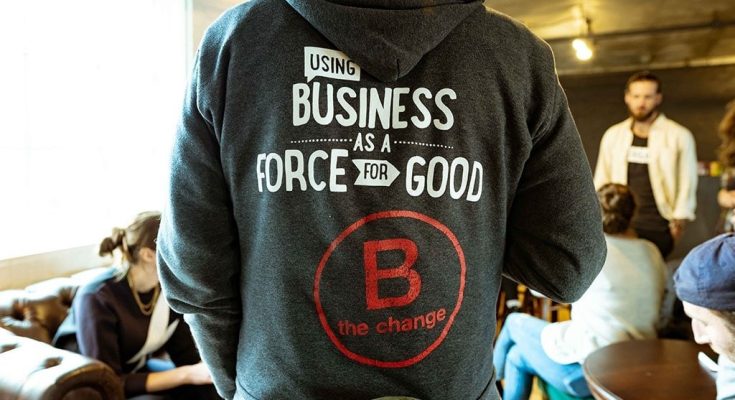The idea that business exists solely to generate profit is rapidly becoming outdated. Today, more leaders are recognizing that their companies can—and should—be a force for good. This shift isn’t just about corporate social responsibility or charitable giving. It’s about embedding purpose into the very fabric of how a business operates. When companies align their strategies with broader societal goals, they don’t just contribute to the public good—they build stronger brands, deepen customer loyalty, and create more resilient organizations. Doing good and doing well are no longer mutually exclusive.
Being a force for good starts with intention. It requires a clear understanding of what your business stands for and how it can make a meaningful impact beyond its bottom line. That impact might be environmental, social, economic, or cultural. The key is to identify where your business intersects with real-world challenges and opportunities. For example, a logistics company might focus on reducing carbon emissions through more efficient routing and electric vehicles. A fashion brand might prioritize ethical sourcing and fair labor practices. These efforts aren’t side projects—they’re strategic choices that reflect a commitment to values.
Customers are paying attention. They want to know not just what a company sells, but what it believes in. They’re increasingly drawn to brands that demonstrate transparency, accountability, and empathy. This shift in consumer behavior is especially pronounced among younger generations, who view their purchasing decisions as expressions of identity and values. When a business takes a stand on issues that matter—whether it’s climate change, diversity, or community investment—it signals that it sees itself as part of something larger. That resonance builds trust, and trust is the foundation of long-term loyalty.
Employees, too, are looking for more than a paycheck. They want to work for organizations that reflect their values and offer a sense of purpose. Businesses that embrace this mindset tend to attract and retain top talent. They foster cultures of engagement, innovation, and pride. When people feel that their work contributes to a greater good, they’re more motivated, more collaborative, and more resilient. This isn’t just good for morale—it’s good for performance. Purpose-driven companies often outperform their peers because they’re aligned, focused, and adaptive.
Being a force for good also means thinking about impact holistically. It’s not enough to launch a few initiatives or make occasional donations. The most effective businesses integrate purpose into their operations, supply chains, and decision-making processes. They measure their impact, learn from their efforts, and continuously improve. This kind of systemic approach requires leadership, discipline, and a willingness to challenge the status quo. It means asking tough questions about how products are made, how services are delivered, and how stakeholders are treated. It’s about building a business that’s not just profitable, but principled.
Partnerships can amplify this impact. By collaborating with nonprofits, governments, and other businesses, companies can tackle complex challenges more effectively. These partnerships bring together diverse perspectives, resources, and expertise. They create opportunities for shared value—where doing good also drives innovation, efficiency, and growth. For instance, a tech company working with educators to improve digital literacy isn’t just helping students—it’s cultivating future users and advocates. A food company partnering with local farmers to promote sustainable agriculture isn’t just protecting the environment—it’s strengthening its supply chain.
Of course, being a force for good doesn’t mean being perfect. Every business faces trade-offs, constraints, and setbacks. What matters is the commitment to progress. It’s about being honest about where you are, clear about where you’re going, and open about how you’re getting there. Transparency builds credibility, even when the journey is messy. Customers and employees don’t expect perfection—they expect integrity. They want to see that a business is trying, learning, and evolving. That kind of authenticity is powerful. It turns challenges into opportunities and critics into collaborators.
Examples of businesses as forces for good are increasingly visible. Patagonia’s environmental activism, Unilever’s sustainability initiatives, and Salesforce’s commitment to equality all demonstrate how purpose can drive strategy. These companies aren’t just admired for their products—they’re respected for their principles. They’ve shown that it’s possible to lead with values and still achieve commercial success. Their stories inspire others to think differently about what business can be and do.
Ultimately, the question isn’t whether your business can be a force for good—it’s how. It starts with a shift in perspective, from profit as the sole purpose to profit as part of a broader mission. It requires courage, creativity, and collaboration. And it offers a powerful reward: the chance to build something that matters. Something that not only serves customers but strengthens communities. Something that not only grows revenue but grows impact. In a world facing urgent challenges and rising expectations, businesses that embrace this role won’t just survive—they’ll lead.



